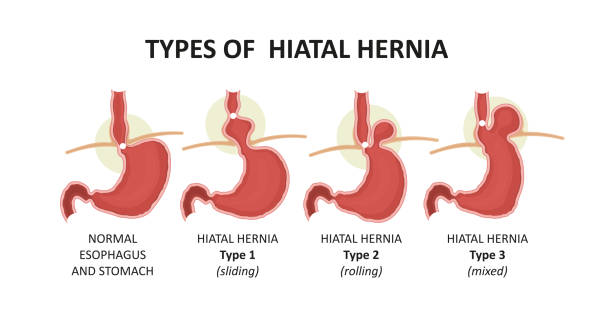Introduction
Undergoing hernia repair surgery is a significant step towards resolving a hernia and restoring your health. However, the recovery process after hernia surgery can vary from person to person, depending on various factors such as the type of hernia, surgical approach, and individual health. In this article, we will provide you with a comprehensive guide to recovering from hernia surgery, including what to expect during the immediate post-surgery period and tips for a healthy healing process.
Immediate Post-Surgery Period
Following hernia repair surgery, it is normal to experience some pain and discomfort. Your healthcare team will provide you with appropriate pain medications to manage any discomfort. The incision site may be sore and swollen, and you may notice bruising around the area. It is essential to keep the incision clean and dry to prevent infection.
Take It Easy and Avoid Strenuous Activities
During the initial days after hernia surgery, it is crucial to take it easy and allow your body to heal. Avoid heavy lifting, strenuous activities, and anything that puts strain on your incision site. Your surgeon will provide specific instructions regarding activity restrictions, but generally, it is advisable to refrain from activities that involve lifting heavy objects or intense physical exertion.
Gradual Return to Normal Activities
Most individuals can gradually resume their normal activities within a few weeks after hernia surgery. However, the pace of recovery may vary, and it is essential to listen to your body and follow the guidance of your healthcare team. Engage in light activities and slowly increase your level of exertion over time. Avoid overexertion or pushing yourself too quickly, as this can impede the healing process.
Incorporate Healthy Lifestyle Habits
A healthy healing process after hernia surgery also involves adopting lifestyle habits that promote recovery. Follow a nutritious diet rich in fruits, vegetables, lean proteins, and whole grains to provide your body with the necessary nutrients for healing. Stay hydrated and avoid smoking, as smoking can impair the healing process.
Monitor for Potential Complications
While complications are rare, it is important to be aware of potential signs of infection or other complications following hernia surgery. Watch for symptoms such as excessive swelling, redness, increasing pain, fever, or drainage from the incision site. If you experience any concerning symptoms, promptly contact your healthcare provider for further evaluation and guidance.
Conclusion
Recovering from hernia surgery is a process that requires time, patience, and proper care. By understanding what to expect during the immediate post-surgery period, taking it easy, gradually returning to normal activities, and incorporating healthy lifestyle habits, you can promote a healthy healing process. It is important to follow the instructions provided by your healthcare team and seek medical attention if you notice any concerning symptoms. Remember, every individual’s recovery journey may differ, and your healthcare provider will be there to support you throughout the process.
